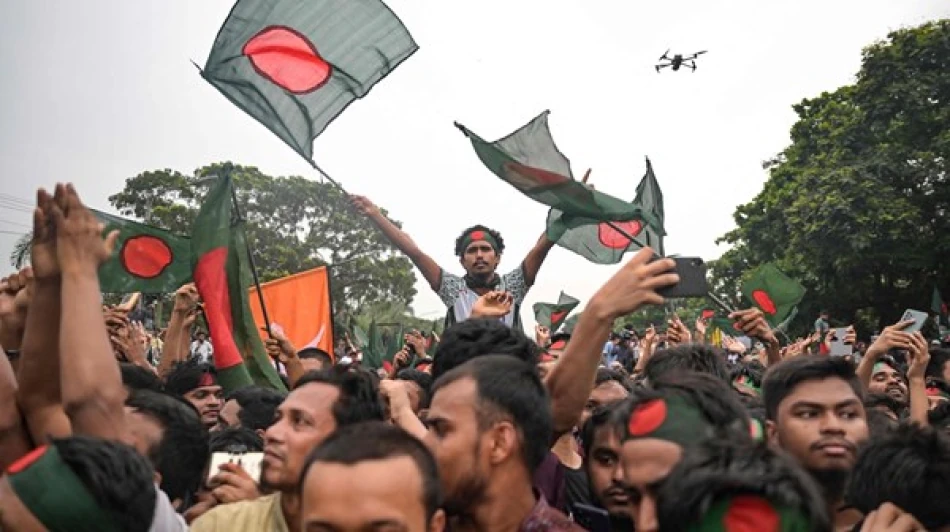
Bangladesh to Hold Parliamentary Elections in February
Bangladesh Sets February 2026 Election Date as Nobel Laureate Seeks Democratic Reset
Bangladesh's interim Prime Minister Muhammad Yunus, the Nobel Peace Prize laureate, announced Tuesday that parliamentary elections will be held in February 2026, marking a critical juncture for the South Asian nation as it attempts to restore democratic legitimacy following a year of political upheaval after former Prime Minister Sheikh Hasina's resignation.
Strategic Timing Reflects Political Calculations
In a televised address to the nation, Yunus revealed he will request the election commission to organize the polls in February 2026, strategically scheduling them before the holy month of Ramadan, which is expected to begin on February 17 or 18. This timing suggests careful consideration of both religious observances and the practical challenges of conducting elections during a period when political campaigning would be culturally inappropriate.
The decision to hold elections nearly two years after taking interim control indicates Yunus's recognition that meaningful democratic reforms require substantial preparation time. Unlike rushed transitions that have plagued other South Asian democracies, this extended timeline allows for comprehensive electoral reforms and institution-building.
International Credibility at Stake
Yunus emphasized his commitment to conducting "fair elections that gain international acceptance," a statement that carries significant weight given Bangladesh's strategic importance in South Asia and its $460 billion economy. The interim leader's Nobel credentials provide unique international legitimacy, but also create heightened expectations for transparent democratic processes.
Regional Democratic Context
Bangladesh's transition occurs amid broader democratic challenges across South Asia. While neighboring India faces questions about democratic backsliding and Pakistan grapples with military influence, Bangladesh's attempt at a clean democratic reset could serve as a regional model—or cautionary tale.
The extended interim period mirrors successful democratic transitions in countries like Spain after Franco, where deliberate institution-building preceded elections. However, it also risks creating a legitimacy gap if economic conditions deteriorate or if Yunus's administration appears to consolidate power.
Economic and Investment Implications
For international investors and development partners, the February 2026 timeline provides clarity for long-term planning while raising questions about policy continuity. Bangladesh's crucial textile industry, which accounts for over 80% of exports, requires political stability to maintain its competitive edge against Vietnam and other manufacturing hubs.
The World Bank and IMF, both active in Bangladesh's development financing, will likely view the extended transition period favorably if it produces genuinely reformed institutions. However, prolonged uncertainty could impact foreign direct investment flows and major infrastructure projects.
Challenges Ahead for Democratic Transition
Yunus faces the delicate task of maintaining public support while implementing potentially painful but necessary reforms. His microfinance background provides credibility on economic issues, but governing a nation of 170 million people presents vastly different challenges than managing development programs.
The success of Bangladesh's democratic experiment will largely depend on whether Yunus can build inclusive institutions that transcend the personalized politics that have dominated the country for decades. February 2026 represents not just an election date, but a test of whether Bangladesh can break cycles of political instability that have hindered its enormous economic potential.
Most Viewed News

 Layla Al Mansoori
Layla Al Mansoori






